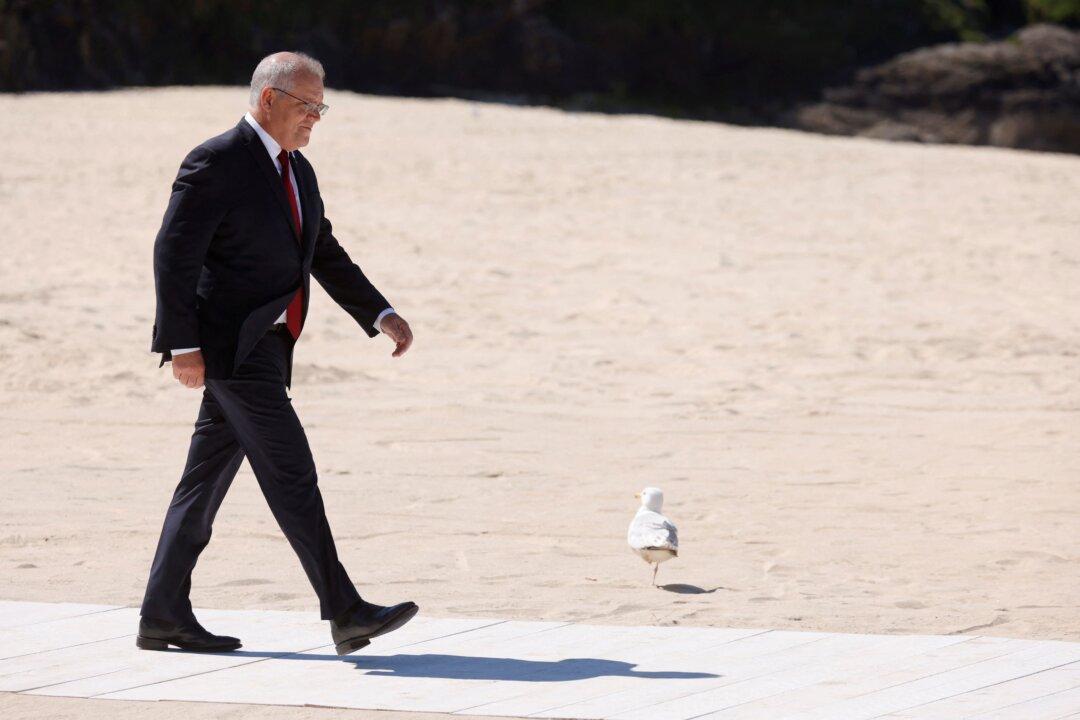Prime Minister Scott Morrison has called an emergency meeting of the national security committee of the federal cabinet to discuss the outbreak of the highly infectious Indian Delta strain of the CCP virus.
A national cabinet meeting with state and territory leaders is also scheduled for June 28 evening.





